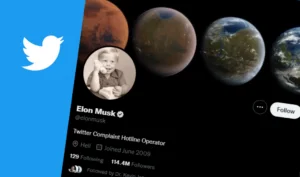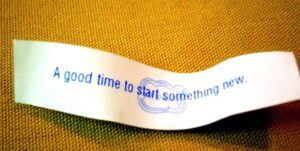
Leadership Done Right: Yes Elon, Empathy Works
Some conversations stay with me. It could be something about the subject, the wisdom of the person I’m talking to, or the timeliness of the

Some conversations stay with me. It could be something about the subject, the wisdom of the person I’m talking to, or the timeliness of the
I checked my latest Instagram/Facebook picture post and one of the comments read: “You really should have your own reality show, Kevin.” I smiled. KevTV,

Think you’re ready to quit your job and strike out on your own as an entrepreneur? There may be a better path to your professional goals…
The holidays are upon us again! So here at TalentCulture, we’re tapping into social business leaders at Mashable and HuffingtonPost/AOL to discuss the important relationship between corporate culture, community engagement and responsible leadership – in a global sense, as well as around your local watercooler…